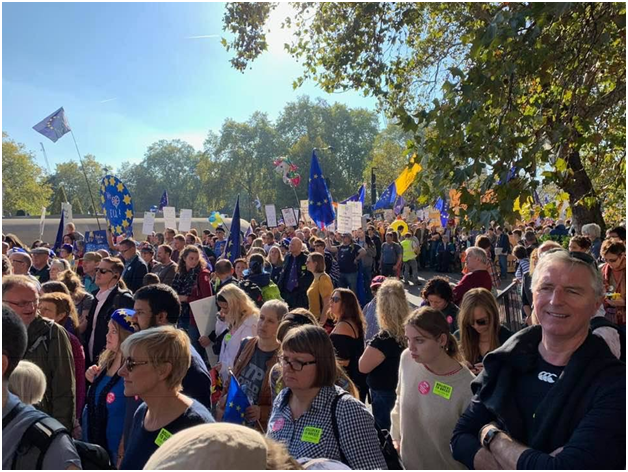The Real Cost of Brexit
The result of the referendum result has already divided a nation and looks set to severely weaken the UK's economy and international standing in the long-term. Businesses are right to be concerned.
We work on international business consultancy in most aspects of the food and agricultural sectors worldwide. Our customers are spread globally, our projects are likewise. They have to be done to a high standard – invariably, the devil is in the detail. We are great believers in the value of specialised knowledge in improving trade, marketing and investment decision-making. As such we should make our position on Brexit crystal clear.
Ironically and sadly, the UK government is currently pursuing a Brexit policy driven by ideological mania, ignorance and greed. At the most simplistic level, this means walking away from our largest market and looking for pickings elsewhere. No wonder the referendum has exposed the country to ridicule – the naivete in holding it on such terms, and the lack of astute politicians to deal with its aftermath. No wonder businesses operating in the UK and Northern Ireland are increasingly concerned about their future.
If it proceeds, and putting aside the massive costs incurred to date, Brexit is very likely to ensure long-term consequences in the UK including:
- A weakened economy, with any possible trade deal gains falling short of major losses (which have been sustained since 2016 and will increase if present “policies” are continued)
- A poorer population with reducing life quality and expectancy
- A deterioration in public services and civil society
- A reduction in the “knowledge sector” – universities, research bodies, participation in European scientific programmes etc – so critical to innovation in all spheres
- Reduced international influence and negotiating power in all areas, notably on trade and all strategic and diplomatic issues – “a true loss of control”
- An increasingly unsettled situation in Northern Ireland
There will also be severe risks to food and medicine supply in the short-medium term at a minimum.
This is a government run by a tiny coterie of the rich and self-important, unburdened by qualities such as intelligence, principles, pragmatism – and in most cases, appreciation of the trade which they are preparing to undermine. This coterie has misled around 25% of the population into supporting a position which hugely threatens the prosperity, life chances and even safety of 100% of the UK population! The coterie will continue to use its wealth to disappear overseas, no doubt, leaving many of the 25% to complain about the problems their own decisions have brought about.
Our “government” has declared its rejection of experts, preferring a less informed approach. We continue to believe that expertise and insight are essential for our customers’ projects, whether in Asia, Africa, Europe or elsewhere - our approach won’t change. Let’s hope our government does.


